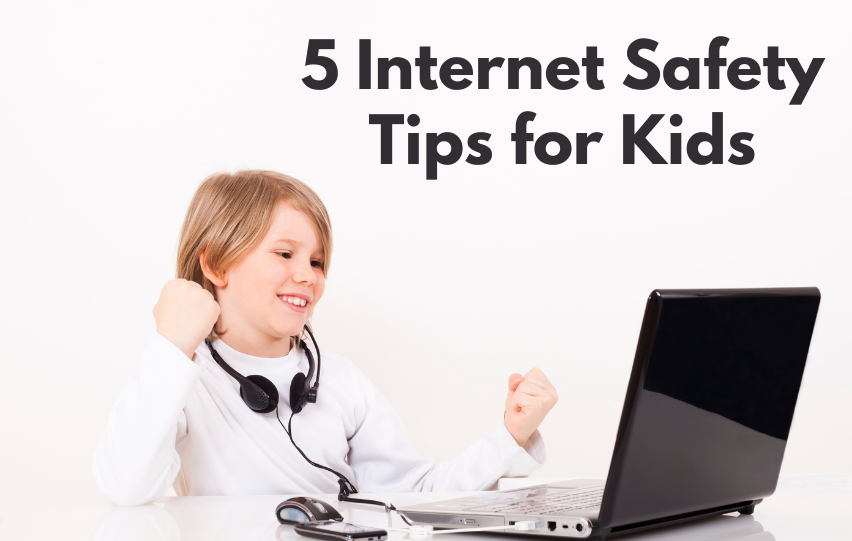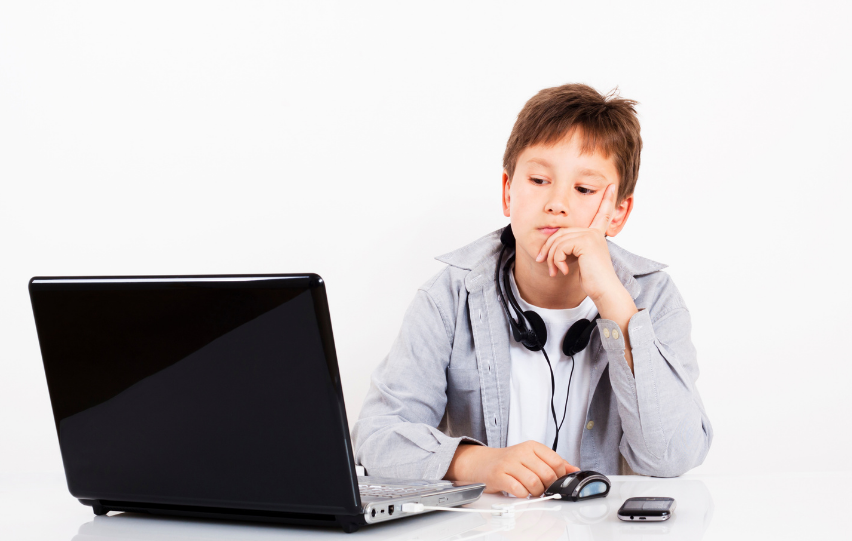Learn These 5 Internet Safety Tips for Kids

Children’s underwear shopping tips
06/11/2024
Learn About the Controversy Behind Baby Powder
10/11/2024Internet safety is a huge concern, especially at a time when kids are already becoming more adept at using technology, devices, and the internet.
While this day and age provide children with access to news, communication, and engagement, it also comes with certain risks. Living in a digital world means kids and teenagers gaining access to social networking sites.
While staying connected online has now become a part of the everyday, protecting your child from malicious actors and inappropriate content is definitely a must.
Spending time with your children offline is crucial, but when they are online you need to be observing internet safety etiquette for your kids. Up next are some safety tips that will come in handy if your kids are using the internet.
5 Internet Safety Tips for Kids – What You Should Know
Don’t Give Out Personal Information
The first rule of thumb should be to protect yourself and the best way to do this is by letting your children know that they should never share their personal information with anyone online.
This means that they should not provide their real name, address, contact numbers, and most importantly, their passwords. Such information is private, and as such, should be kept secret from all, except for parents.
Consider Using Filtering Programs and Kid-Safe Browsers
While parents or guardians strive to be with their kids at all times, this may not always be the case. To prevent children from accessing programs or sites that may pose risks or dangers, use a kid-safe browser or filtering program.
By leveraging tools such as the KidZui or KIDO’Z, you can ensure that the sites or pages your children can access are safe and are appropriate for their age. You can also prevent them from being targetted by hackers or attackers.
Other programs that may be of interest to you are Norton, MacAfee, and Net Nanny. These allow you to screen sites and add those you have approved on the ‘allowed’ list that your kid can access.
Keep Parents In the Loop At All Times
This advice is more for parents. Don’t let your kid use the Internet and other devices without parental (or guardian) supervision.
You can give them the freedom to roam the web while still keeping an eye on them at all times by placing computers in common and more visible areas of the home.
Alternatively, parents can also implement internet rules safety by allowing their children access to the Internet only when they or another adult is present.
Make sure to visit websites together and ask your child to show you the games and activities he or she is fond of playing.
Don’t Download Files Without Permission
One way children can get exposed or even made vulnerable online is through downloading files or installing certain software.
More often than not, some files (even images, games, or documents) tend to contain viruses or malware that can harm devices and even mine personal information.
Ask your kids to check in with you before downloading or installing anything. This way, you can gauge if certain programs or apps pose harm to your family’s security and privacy.
Tell an Adult About Messages That Make You Uncomfortable
Last but certainly not least is warn your child about responding to messages from strangers, and even people they think they know, especially people a lot older than them.
In the event, an individual comes to them with a sexual, mean, or all-around strange message that makes them uncomfortable, they should know that it is necessary to tell you right away.
The Bottom Line
The information above is just some of the internet safety tips for kids you can use to protect your children. The most important thing is you need to monitor their online usage and keep communication open with them.
They should always be able to tell you about what they are doing online and who is messaging them. And they can only do that if they are not scared that you will punish them for something that is not their fault.


